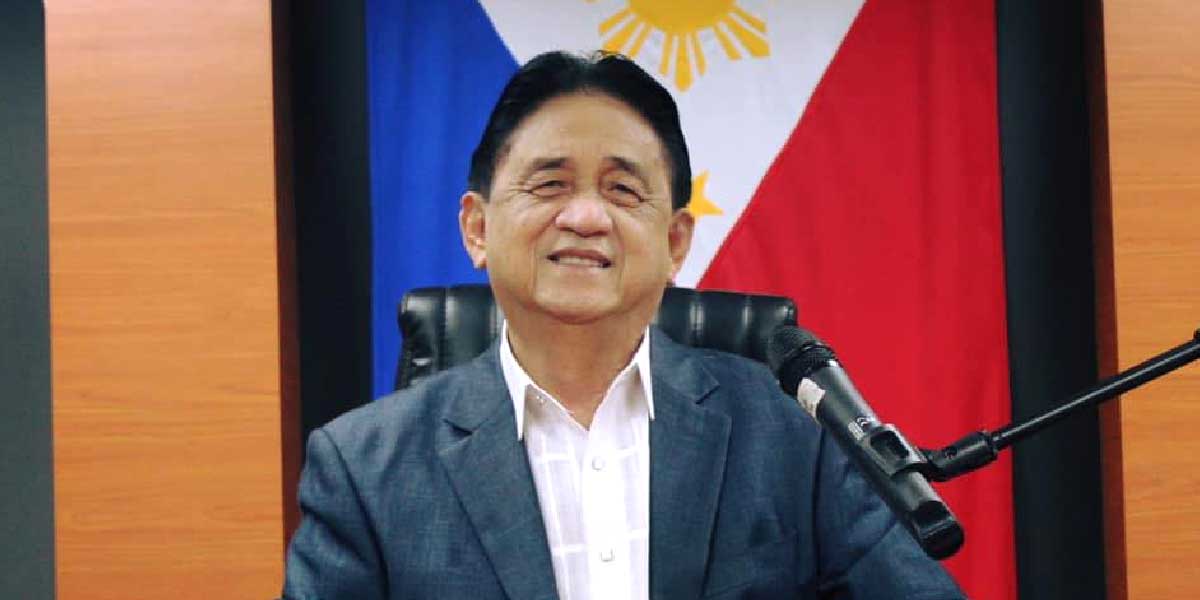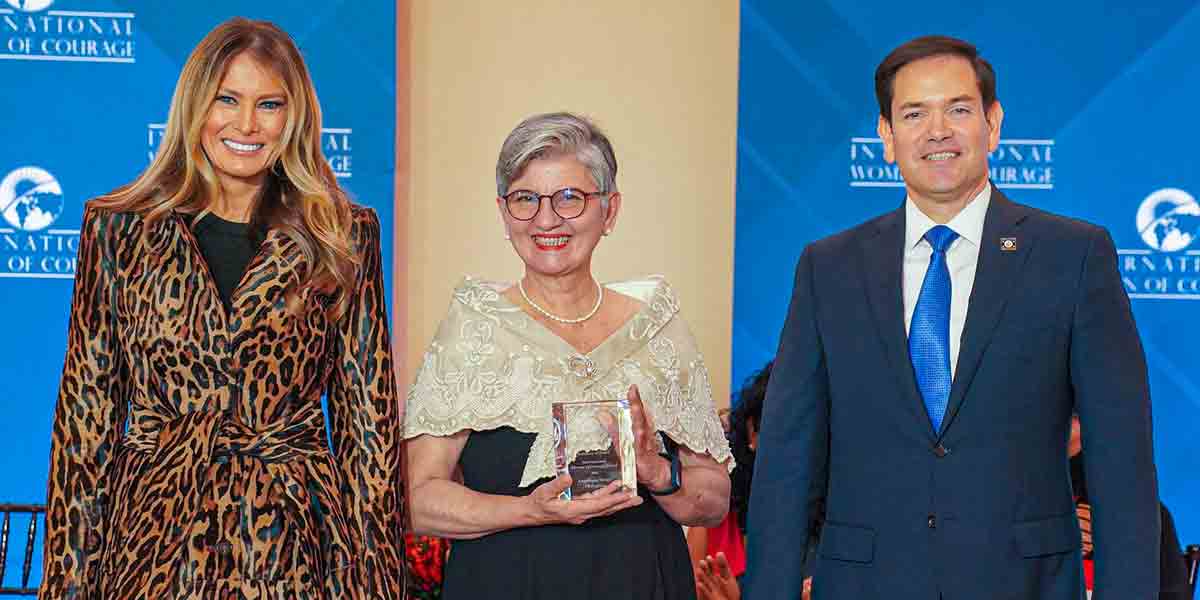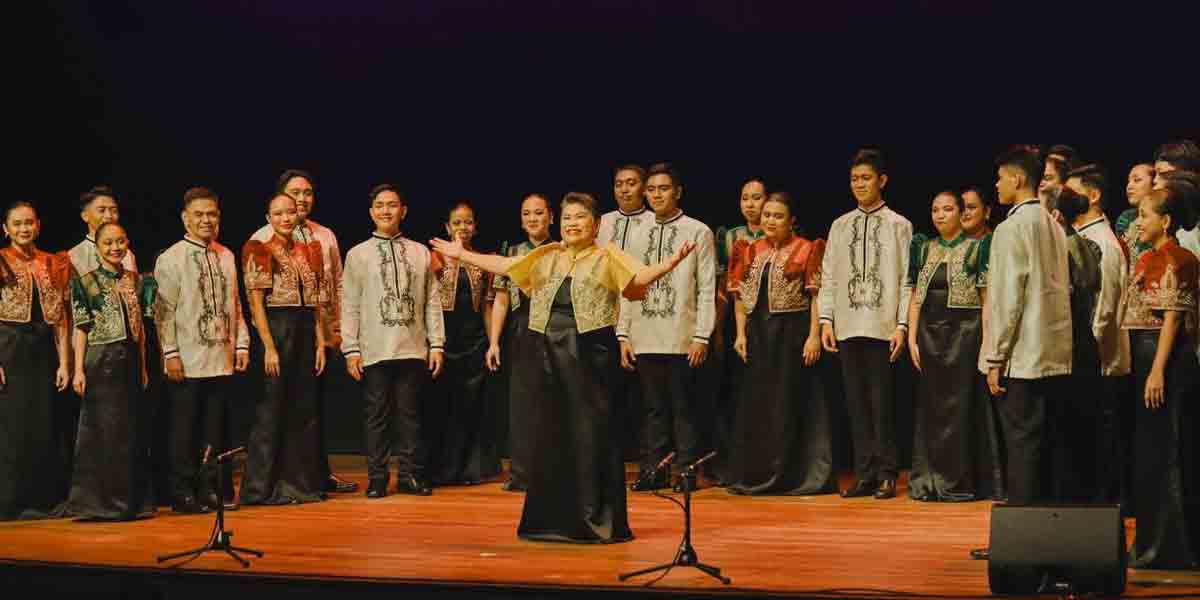The BSP releases the 2021 Countryside Bank Survey (CBS) Baseline Report.
The 2021 CBS discusses the results of the inaugural survey jointly conducted by the Department of Agriculture- Agricultural Credit Policy Council (DA-ACPC)[1] and the Bangko Sentral ng Pilipinas (BSP).
It aims to analyze detailed trends and present emerging policy issues on bank behavior towards lending to the agriculture sector using branch-level data.
Specifically, the 2021 CBS focuses on the banking units’ agricultural lending experience in 2021 vis-a-vis 2020.
The survey also looks into the practices and outcomes of various aspects of branch banking operations in 2021, as follows:
(a) agricultural loan releases and demand;
(b) interest rates and other charges on bank loans;
(c) borrowers’ repayment and debt position;
(d) bank risk management;
(e) bank profitability;
(f) problems encountered by banking units;
(g) effects of the COVID-19 pandemic on banking performance; and
(h) plans and prospects by banks for the next year.
The survey was administered electronically to sample bank branches/offices in and outside the National Capital Region.
Sample unit banks were randomly selected for each bank type such as, private universal and commercial banks (UKBs), private thrift banks (TBs), private rural and cooperative banks (RCBs), and government-owned banks (GBs).
The Report on the 2021 CBS highlights the following important findings:
- In 2021, the share of agriculture to total loans granted in most banking units ranged from 11-15 percent of total loans, which is lower compared to the 2020 level. Likewise, the number of agricultural borrowers served in 2021 was lower by at least 30 percent than in 2020.
- Across the different types of banks, at least 26 percent and 36 percent from respondent banks of RCBs and GBs, respectively, reported that their total agricultural borrowers were comprised of at least 76 percent small agricultural borrowers;
- The demand for agricultural loans in 2021 remained relatively tepid amid the low policy rate environment. Banking units imposed rates on agricultural loans that were at par with the average of all banking units in 2021 with RCBs in the NCR, RCBs outside the NCR, and TBs posting lending rates that were higher than those of GBs and UKBs during the same year. Nevertheless, about 62 percent of the respondent banks reveal a positive outlook following higher demand for agricultural loans in 2022;
- Almost half (47 percent) of banking units indicated greater net incomes in 2021 than in 2020, while 34 percent generated lower profits. About half of the respondent banks claimed that the pandemic has negatively affected their profitability due to mobility restrictions thereby limiting bank operations particularly on loan collections, marketing of loan products, and other general daily transactions;
- In terms of the outlook, more than half of the respondents expect no change in lending and deposit rates while a third of the banking units anticipate higher lending rates. Meanwhile, nearly 61 percent of the respondents anticipate higher profits in 2022, while 32 percent expect no change in their profitability levels;
- Around two-thirds (65 percent) of respondent banks still require and accept conventional forms of loan securities from agricultural borrowers, the most acceptable of which remain to be real estate mortgages. For GBs, however, Philippine Crop Insurance Corporation’s (PCIC) agricultural insurance is more generally accepted. To encourage banking units to increase their lending to the agriculture sector, two-thirds of the respondent banks confirmed that the following credit support mechanisms should be in place: (a) credit guarantee/loan insurance, (b) availability of information on potential borrowers, and (c) agricultural/crop insurance;
- Significant challenges were encountered by banks in their lending operations in 2021, foremost of these were brought about by the COVID-19 pandemic. Banks cited other challenges in lending to agriculture sector in 2021, among the most significant are: (a) reluctance of bank/investors to capitalize in agriculture due mainly to the sector’s vulnerability to natural calamities, such as typhoons and pest manifestation, fluctuations in agricultural prices, and outdated farming skills and technologies; (b) lack of viable projects owing to farm lands, which are mostly fragmented, far-flung, and with poor road access and security conditions, and lack of market/buyers for farmers produce; (c) farmers’ lack of properly documented properties that are deemed acceptable as collateral/loan security; and (d) volatility of farmers cash flow due to instability of farmer incomes, and lack of other income sources from non-agriculture-related activities; and
- At least three-fourths (76 percent) of bank branches in the survey plan to expand their lending to the agriculture sector in the next 12 months, with the majority of TBs affirming plans to expand their agricultural loan portfolio. Factors that would encourage banks to expand lending to agriculture sector include: (a) to respond to increasing demand for agricultural loans as COVID-19 pandemic is getting controlled, (b) to serve as compliance to the mandatory credit allocation, (c) to fulfill the bank’s mandate to extend agricultural loans, (d) to help farmers expand their businesses and improve their quality of life, (e) to provide for the farmers’ financing needs and stop them from availing high-interest rate loans from informal lenders, and (f) to support the nation’s goal of attaining food security, financial stability, and economic development.
To regularly monitor emerging trends in agricultural credit as well as the recent challenges and to help calibrate key policies accordingly, the BSP and DA-ACPC shall conduct the 2022 CBS in the second quarter of 2023.
You may download the complete report of the 2021 CBS by clicking on this link (https://www.bsp.gov.ph/Media_And_Research/Countryside_Bank_Survey/2021_CBS_Baseline_Report.pdf).
[1] The Council is composed of the following: (1) Department of Agriculture (DA) Secretary as Chair; (2) Bangko Sentral ng Pilipinas (BSP) Governor as Vice Chair; (3) Department of Finance (DOF) Secretary; (4) Department of Budget and Management (DBM) Secretary; and the (5) National Economic and Development Authority (NEDA) Director-General.






















